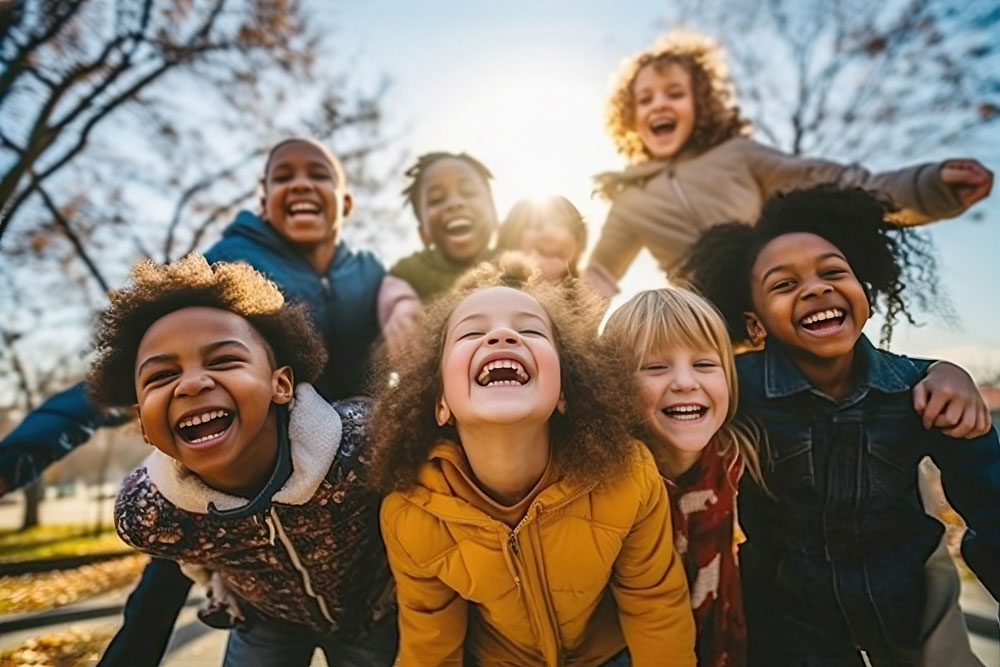Chartered in 1818, what has remained true and pulsing in Auburn’s heart and DNA for over two centuries is the desire to meet societal changes with courage. From fighting against fundamentalism within Christianity to creating spaces for multifaith leaders to advance justice, Auburn has pushed the boundaries of theological education for the cause of love.
